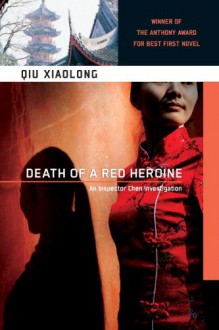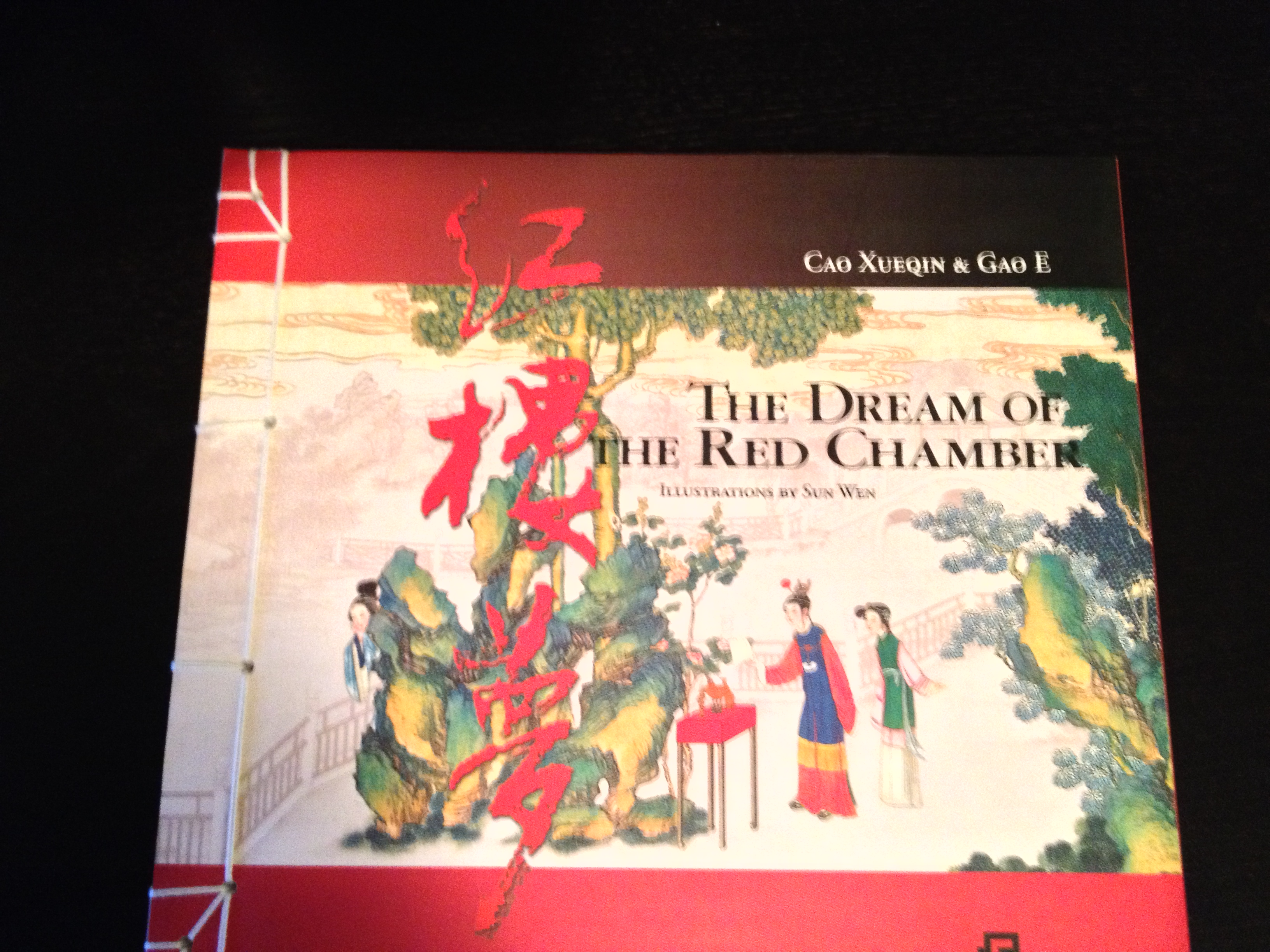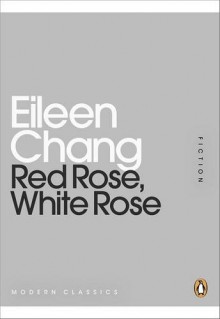
"Who says that the splendor of a grass blade returns
The Love of the spring that forever returns?"
With this ends "Death of a Red Heroine". Here the main protagonist wonders whether a son's return for his mother's love is always inadequate, as well as one's responsability to one's country.
When I tackled this book, I didn’t know what to expect.
Xiaolong’s main protagonist is not an ordinary Chinese policeman. He’s a poet and translator of T. S. Eliot. There is a tendency to quote Chinese classical poetry as a counterpoint and commentary on the action. As usual in Crime Fiction, this is a device, a somewhat contrived one in my view, but crime novel protagonists seem to need an approach, and this one is Chen’s. The genre requires certain mild suspension of disbelief. What saves this novel is the atmosphere. When reading P.D. James’ Adam Dalgliesh, we also need sometimes to invoke suspension of disbelief, but not too much and the writing is superb (only in a P.D. James novel do characters speak in such perfectly shaped sentences, which is quite up my alley).
Also quite interesting for me was the China depicted in the novel. How much is true and how much is fantasy. The fact that it kept me guessing contributed to the book’s allure, along with the several instances of Chinese Poetry. What a bonus. Good poetry and a very decent portray of Chinese society (real or imagined). The strategy in making the novel’s central character a poet lends itself to ample inclusion of snippets of imagist poetry, some quite striking. Whether it's Xiaolong’s work or actually translated from dynasty work, who can say? And who cares. The mix between police work and poetry works quite well:
"The willow looming through the mist,
I find my hair disheveled, and the cicada-shaped pin fallen on the bed.
What care have I about my days afterward,
As long as you enjoy me to the full tonight?
(Wei Zhuang, translation by Qiu Xiaolong)
I’m always a sucker for Crime Fiction Novels, where a good mixture between police work and poetry is on display (I’m still eagerly anticipating the next P.D. James’ featuring Adam Dalgliesh after "The English Patient"…).
Writing-wise Xiaolong writes strange prose as if it has been translated. Whether this is deliberate or not isn’t clear, but it actually helps to create and maintain the mood; this is Shanghai and not London. Some clunkers abound: When I started reading, the text felt like a translation from a Chinese language original as I’ve said before. Then I went to the Amazon web site to look up the name of the translator, but I couldn’t find one. Then I started digging up some information about the author while still reading it, and it was stated that Qiu Xiaolong teaches literature at a US university (at the end of the novel I confirmed this through an "About the Author" section). The novel, I suppose, was written in English. Maybe that explains the above-mentioned clunkers: “And then she had came across Wu Xiaoming”. Misspelled word…? Apart from that, recommend reading for all the motives stated above.
It's only fitting to end this little review with the most important poem in the book (read the novel to understand why):
"The varying shapes of the clouds, /
The missing message of the stars, /
The silent journey across the Milky Way, /
In the golden autumn wind and the jade-like dew, their meeting eclipses /
The counteless meetings in the mundane world./
The feeling soft as water, /
The time insubstancial as a dream, /
How can one have the heart to go back on the bridge of magpies? /
If two hearts are united forever /
What matters the separation - day after day, night after night?"
Too bad I found myself sometimes gasping in ignorance while attempting to read the novel's poetry snippets. I was usually left behind by my lack of cultural knowledge of China. Qiu Xiaolong's poetry (and chinese poetry come to that) needs closer scrutiny.

 Log in with Facebook
Log in with Facebook 

 I
I









